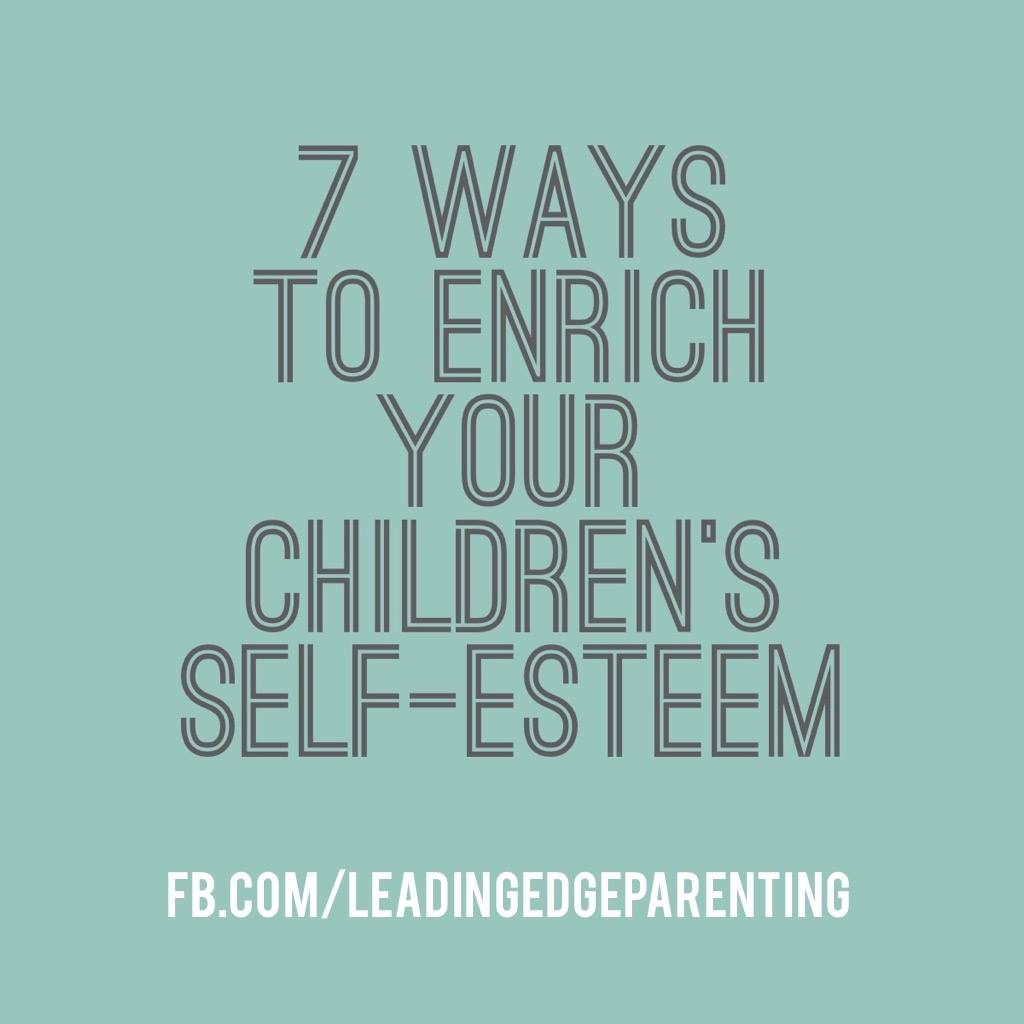1. WORK ON YOUR OWN SELF-ESTEEM: It is hard to give our children what we do not have ourselves. Our words do not teach. It is what you model and children experience that become their truth.
2. TAKE YOUR ATTENTION AWAY FROM THE STUFF THAT ANNOYS OR WORRIES YOU: This is really challenging for parents. We think that by pointing out what needs to be improved we are encouraging higher standards. This can backfire by discouraging kids and making them give up or lie. Allow your children to make mistakes and still feel good. Don’t rush in and save them from themselves. But please, don’t say, “If you had only listened to me….”
3. FOCUS YOUR ATTENTION ON THE GOOD STUFF: Yikes! This can be tricky for us. Start immediately to look for things to appreciate. It can be as simple as taking their plate to the sink. Spend more energy noticing things that please rather than things that annoy. I know that can be challenging but you can do it if you are willing!
4. PRAISE THEIR EFFORTS: Children need to know that every step toward a goal is success. Be specific in your praise. Instead of using the lazy, but overused phrase, “Good boy.” or “Good job.” describe what you see: “You remembered to put the plate in the sink. Thanks for your help.” Praise must be about the child, not the parent. Rather than saying, “That makes me proud of you” (which is all about the parent) say, “Wow, you must be feeling pretty proud of yourself.” Click here to listen to an MP3 explaining how and why to stop saying “Good job”
5. UNDERSTAND AND APPRECIATION EACH CHILD AS AN INDIVIDUAL: Learn what is typical behavior during different stages of development so you have realistic expectations of your child. Do not compare children- ever! Learn what you can about temperaments so you understand why some kids are more feisty, challenging and sensitive. Hint: It is NOT because they are bad!
6. ALLOW YOUR CHILDREN TO MAKE DECISIONS: Give them choices when possible. Encourage that great human feeling called self-empowerment. When correction is needed do it in a positive way. Focus on the act and separate behavior from the child’s self worth.
7. GIVE LANGUAGE TO THEIR FEELINGS: Rather than minimize or tell them they shouldn’t feel a certain way- or worse yet- give unsolicited advice- create a ’safe place’ where your child can express feelings. Validate their humanness and allow the feelings to just be. “You ARE angry. You DO feel misunderstood.” Once feelings are truly heard, healing and solutions have a chance to unfold.
[x_author title=”About the Author”]
[x_share title=”
Share this Post
” facebook=”true” twitter=”true” google_plus=”true” linkedin=”true” pinterest=”true” email=”true”]

